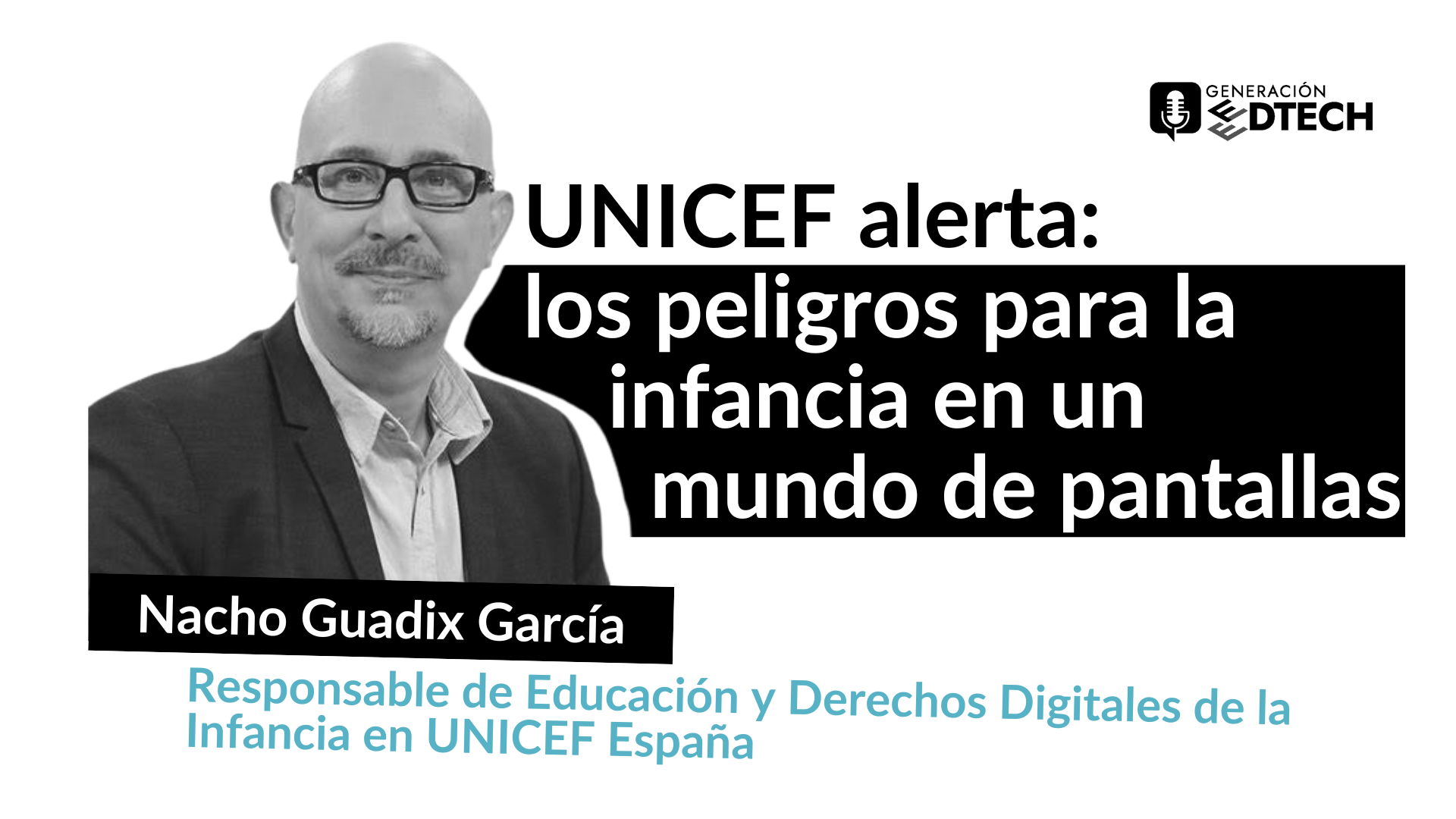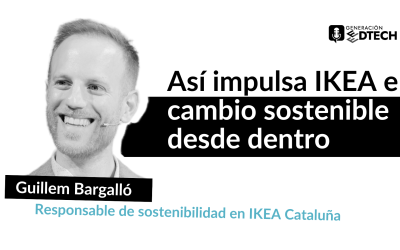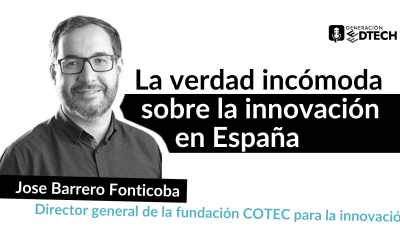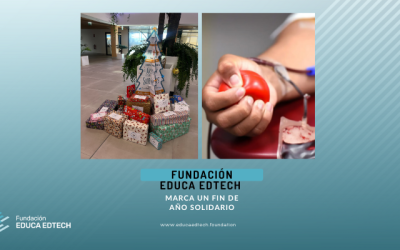In the sixth episode of Generation EdTech, titled. “The challenges of a happy childhood in the era of hyperconnection”.we are joined by Nacho Guadix García, head of Education and Digital Rights of Children at UNICEF Spain. Guadix, with his vast experience, leads a crucial area: ensuring that children’s rights are protected in the digital environment and promoting inclusive and equitable education that prepares future generations.
UNICEF, as one of the most recognized agencies of the United Nations, works tirelessly to defend the rights of children around the world. In this episode, topics ranging from the impact of misinformation to the risks associated with social media and hyperconnectivity on children were addressed.
“There are situations that go beyond the frameworks we have established to resolve them.”
Guadix highlighted an important reflection on the digital environment: “Just because it is modern, doesn’t mean that everything is positive,” pointing to cyberbullying and the ethical challenges involved in transferring human rights to the digital realm. Nacho Guadix also raises how to balance the opportunities offered by technology with the associated risks, and the urgent need to draw “red lines” on issues such as misinformation, a problem that Guadix considers particularly alarming.
Other key points that our guest talked about were the dangers in social networks, from inappropriate content to contact with strangers. According to Nacho Guadix, 60% of teenagers accept requests from strangers on networks, and 20% have met with them, consumption patterns that are considered harmful and inappropriate behavior.
“Filling educational spaces with technological material, without any pedagogical work behind it, is not digital education.”
The head of Education and Children’s Digital Rights also commented on the impact of artificial intelligence on child development and its potential to exacerbate risks or improve educational processes if used appropriately.
“This is going very fast,” Guadix said, referring to the accelerating impact of new technologies. “There can be no development that does not put people at the center.”
The episode also underscores the need for a consistent and collaborative educational approach, with the participation of the entire educational community. According to Guadix, “Education, when it is consistent, is coherent,” a statement that reinforces the key role of pedagogy and working together to ensure that no one is left behind in this technological revolution.
This dialogue is a crucial step towards collective reflection on how to balance technological development with the protection of children’s rights in an increasingly digital world. You can listen to the full episode on the Generation EdTech platforms.



